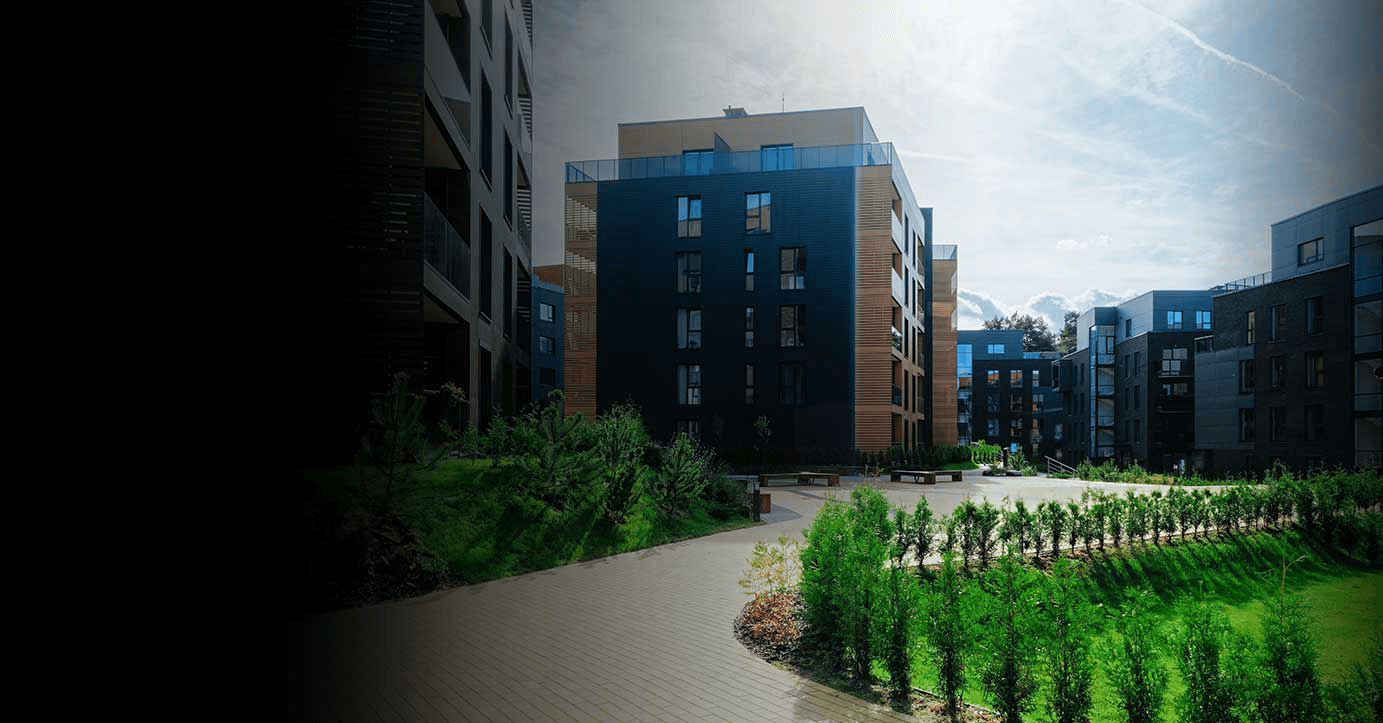Enhancing MDU Online Security Via the Strategic Implementation of Virtual Private Networks
Enhancing MDU Online Security Via the Strategic Implementation of Virtual Private Networks
Blog Article

Within today’s online landscape, ensuring the security of online links is crucial, especially in Multi-Dwelling Units (MDUs) such as flat buildings and condominiums . Tenants in these communal environments often connect to the same network, which can make them susceptible to cyber dangers. One effective way to improve internet safety in MDUs is through the strategic deployment of Virtual Secure Networks (VPNs). VPNs establish a secure link over the internet, enabling individuals to protect their personal data and maintain privacy while browsing.
A VPN functions by encrypting the information that travels between a client’s gadget and the web. This means that even if someone attempts to intercept the data, they will not be able to access it. For inhabitants in MDUs, using a VPN can significantly reduce the risk of data leaks and unauthorized entry to personal information. By encrypting their online traffic, individuals can browse the internet, watch videos, and interact online without worrying about hackers or other harmful actors. This added level of protection is particularly crucial in environments where numerous people share the identical online connection.
In protecting private data, VPNs can also assist residents reach content that may be restricted in their area. Many streaming platforms and websites restrict access based on location-based location. By using a VPN, individuals can connect to servers in different countries, allowing them to bypass these restrictions and access a broader range of online material. This aspect can be particularly attractive to residents who wish to like it access international news, media, or educational resources that may not be available in their area.
Implementing VPNs in MDUs can also foster a feeling of community and trust among residents. When all in a building employs a VPN, it establishes a more protected setting for exchanging data and assets. Inhabitants can feel more at ease utilizing communal connections for tasks like digital finance or purchasing, realizing that their information is safe. Additionally, property managers can encourage the use of VPNs as part of their overall safety strategy, helping to establish a more secure residential environment for everyone.
To conclude, the strategic implementation of VPNs in Multi-Dwelling Units is an efficient way to improve internet security for tenants. By encrypting data, offering entry to restricted content, and cultivating a sense of community, VPNs offer multiple benefits that can improve the digital interaction for everyone. As online dangers continue to develop, it is crucial for residents and building administrators to prioritize online safety and evaluate the advantages that VPNs can provide. Adopting this solution can lead to a more secure, more integrated living space for everyone.